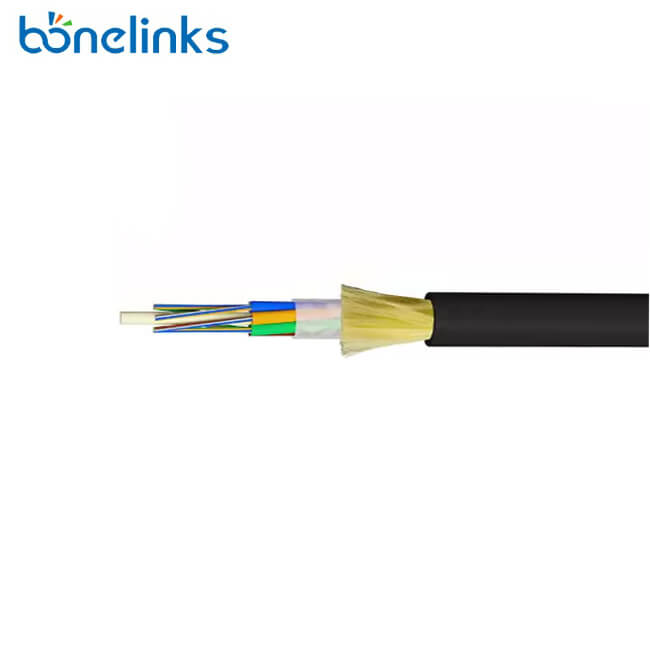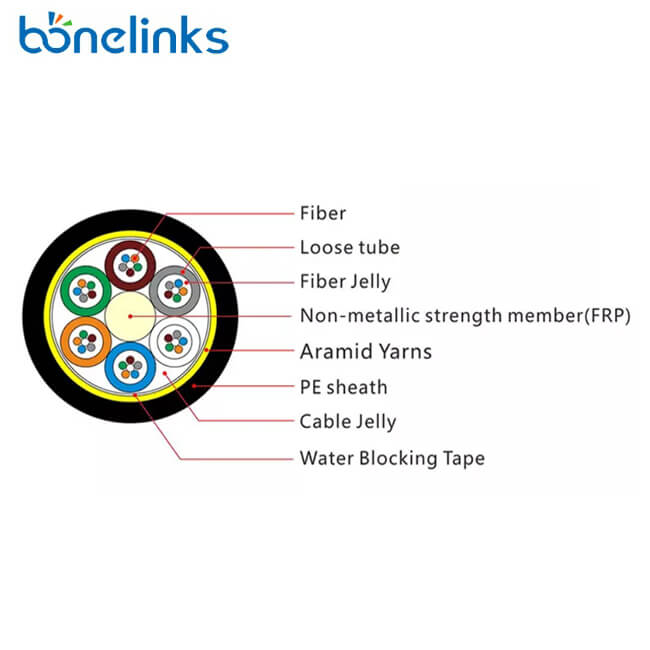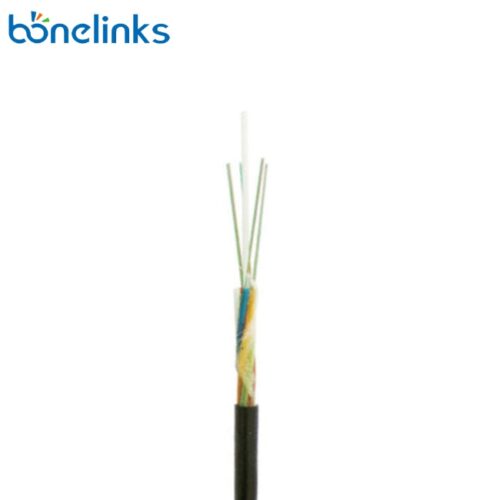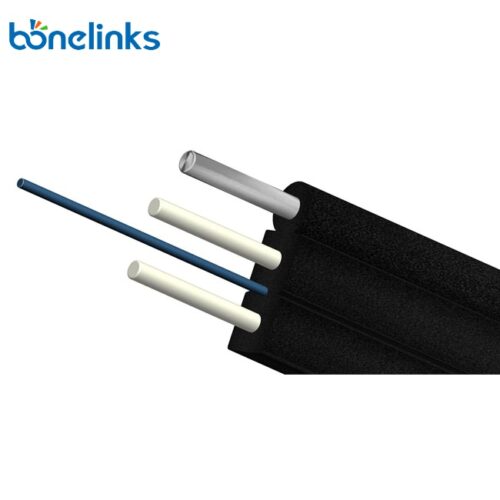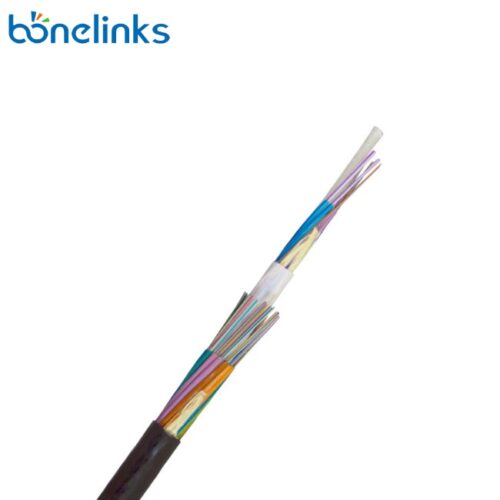Maximize Connectivity with 24-Core ADSS Optical Fiber Cable
The 24-core ADSS Optical Fiber Cable is a high-capacity solution designed for telecommunications networks. With its 24 fiber cores, it offers superior bandwidth capabilities, making it ideal for applications requiring reliable and efficient data transmission over long distances. Its self-supporting design simplifies installation on overhead utility poles, while its durability ensures long-term performance in various environments.
Features
- Higher Fiber Count: It can accommodate 24 individual optical fibers within a single cable structure, providing greater capacity for data transmission and connectivity.
- Increased Bandwidth: The higher fiber count allows for enhanced bandwidth capabilities, making it suitable for applications with high data demand.
- Self-Supporting Design: The ADSS construction eliminates the need for additional support hardware, simplifying installation on overhead utility poles.
- Long-Distance Transmission: The cable is designed to provide efficient data transmission over extended distances, supporting connectivity in large-scale networks.
- Durability: The cable’s materials and design provide resistance to environmental factors such as UV radiation and harsh weather conditions, ensuring long-term reliability.
Protection
UV resistance; high and low temp resistance; icing resistance
Application
- Long-Distance Communication: The cable is suitable for long-haul communication networks, providing high-speed data transmission over extended distances.
- Backbone Networks: It serves as a backbone infrastructure in telecommunications networks, connecting multiple locations and facilitating data transfer between them.
- High-Density Urban Areas: In densely populated areas, the cable meets the demand for increased bandwidth and connectivity in applications such as fiber-to-the-home (FTTH) or fiber-to-the-building (FTTB) deployments.
- Campus Networks: It is used within educational institutions, corporate campuses, or government facilities to create high-capacity network infrastructures connecting various buildings and locations.
- Metropolitan Networks: The cable is deployed in metropolitan areas to support reliable and high-speed connectivity for businesses, residential areas, and public institutions.
Looking for More ADSS Fiber Cables Choices?
Are you looking for more choices in ADSS fiber optic cables? Check out our ADSS Fiber Cables for seamless networking. If you need fiber cables that are custom-made for your specific needs, take a look at our Custom Fiber Cables section for personalized connectivity solutions.

